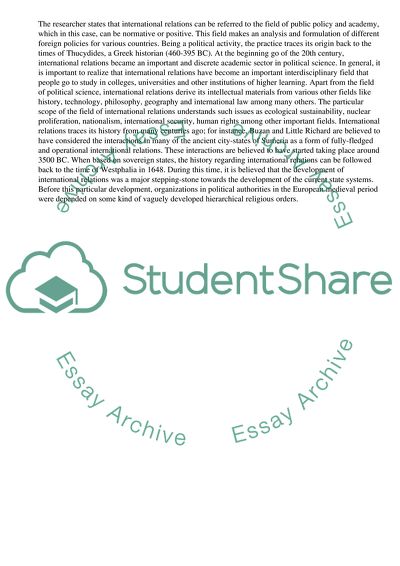Cite this document
(“Core Values in International Relations and Their Application in the Essay”, n.d.)
Core Values in International Relations and Their Application in the Essay. Retrieved from https://studentshare.org/business/1665451-do-you-agree-that-the-concept-of-core-values-in-international-relations-is-not-being-applied-in-its-spirit-in-the-kingdom-of-saudi-arabia-either-way-justify-your-answer-with-the-help-of-examples
Core Values in International Relations and Their Application in the Essay. Retrieved from https://studentshare.org/business/1665451-do-you-agree-that-the-concept-of-core-values-in-international-relations-is-not-being-applied-in-its-spirit-in-the-kingdom-of-saudi-arabia-either-way-justify-your-answer-with-the-help-of-examples
(Core Values in International Relations and Their Application in the Essay)
Core Values in International Relations and Their Application in the Essay. https://studentshare.org/business/1665451-do-you-agree-that-the-concept-of-core-values-in-international-relations-is-not-being-applied-in-its-spirit-in-the-kingdom-of-saudi-arabia-either-way-justify-your-answer-with-the-help-of-examples.
Core Values in International Relations and Their Application in the Essay. https://studentshare.org/business/1665451-do-you-agree-that-the-concept-of-core-values-in-international-relations-is-not-being-applied-in-its-spirit-in-the-kingdom-of-saudi-arabia-either-way-justify-your-answer-with-the-help-of-examples.
“Core Values in International Relations and Their Application in the Essay”, n.d. https://studentshare.org/business/1665451-do-you-agree-that-the-concept-of-core-values-in-international-relations-is-not-being-applied-in-its-spirit-in-the-kingdom-of-saudi-arabia-either-way-justify-your-answer-with-the-help-of-examples.


